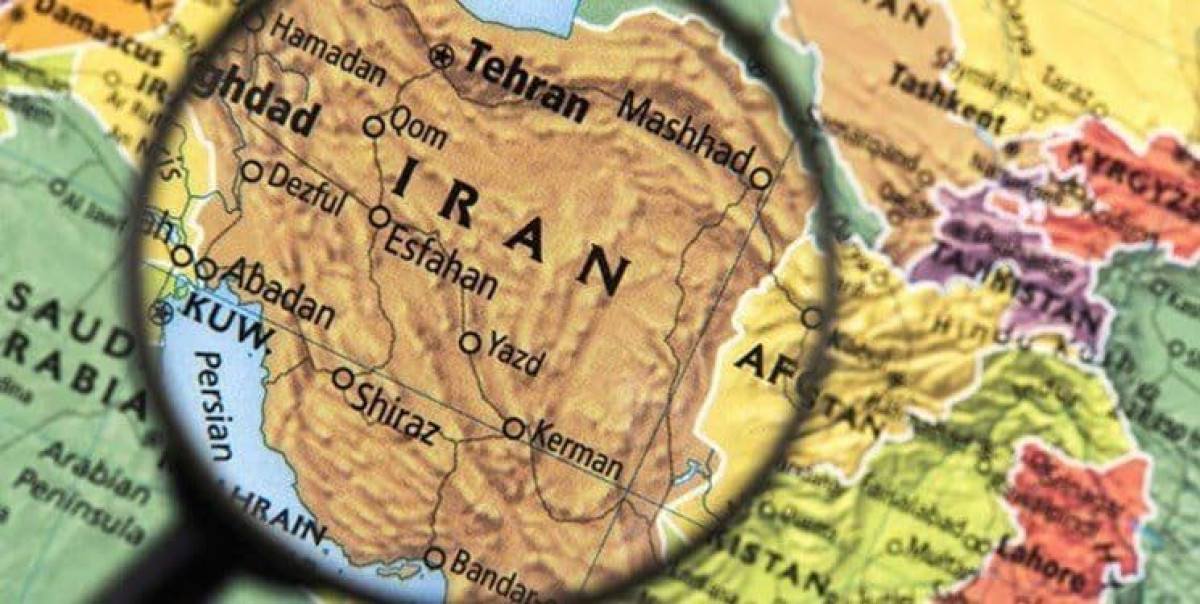 94
94
Tensions between Iran and Azerbaijan have reached dangerous levels: Is the Caucasus on the verge of becoming a regional war as a result of Azeri attempts to reshape the region’s geopolitics?
In recent weeks, Azerbaijani troops have mistreated Iranian truck drivers as they drove through disputed Caucasus regions. The events that followed the 44-day conflict between Armenia and Azerbaijan indicate that Turkey and the Zionist regime are engaged in malevolent activities and pursuing long-term agendas. These nefarious schemes would have a devastating effect on the Caucasus and put Iran’s security, political, and economic stability in jeopardy. According to the terms of the trilateral ceasefire agreement between Russia, Armenia, and Azerbaijan, Baku and Yerevan were obliged to maintain the status quo, refrain from changing the front lines, and desist from further hostilities. On the other side, Azerbaijan has committed grave violations in the disputed regions, including capturing a key transit route between Iran and Armenia, Goris-Kapan, and subsequently preventing Iranian trucks and buses from going through. The current crisis began when Azerbaijani troops closed the Goris-Kapan road for many hours in recent days due to petty disagreements with Iranian authorities. Following that, Iranian vehicles were inspected, resulting in the arrest and imprisonment of two Iranian drivers; both of them were Iranian Azeris, one of whom was travelling with his family. Despite repeated negotiations with Tehran and Iran’s commitment to a peaceful settlement, Azerbaijan’s government has refused to free Iranian drivers. If Azerbaijanis sought a peaceful solution, they would give Armenia a deadline to construct and asphalt an alternative route before behaving like bandits, demanding extortion from poor Iranian drivers. However, it seems that Baku made a mistake in assuming that achieving its illegitimate goal would be simple, given Armenia’s poor military status and Iran’s reluctance to react aggressively to a supposedly Muslim Shiite nation. The regime in Baku asserts its jurisdiction over the Goris-Kapan transit route by referring to documents from the former Soviet Union. Nevertheless, Baku deceptively disregards the same Soviet-era criteria which established the Caspian Sea’s legal regime, explicitly banning littoral nations from conducting military exercises with non-littoral parties. Furthermore, Baku is adamant about establishing the Zangezur Corridor, which would go across Armenian Syunik province, connecting the autonomous republic of Nakhchivan to the Azeri mainland and thus seriously compromising Iran’s transit connections to Armenia, Georgia, and European countries. Iran understandably opposes the establishment of such a corridor because, if successful, it would allow connection between Nakhchivan and Baku without needing Iran, resulting in economic losses and, above all, exposing Iran’s regional security intelligence surveillance, which Iran’s sworn adversaries, such as the Zionist regime, would profit from this scenario. It is quite evident that Azerbaijan is persecuting Iranian truck drivers on the Goris-Kapan roadway to get Tehran to agree to the building of the Zangezur Corridor. Turkey and Azerbaijan will have complete control over Iran’s land access to Europe if the Zangezur Corridor is built, and both countries will undoubtedly use the future transit routes to exert pressure on Iran. If the Zangezur Corridor is constructed, Iran would be cut off from Belt and Road Initiative (BRI) transit routes connecting China and Europe, as well as energy pipelines, and it would lose its crucial North-South Corridor. It is worth mentioning that Iran’s North-South Corridor, which links the Iranian port of Chabahar on the coast of the Sea of Oman with the country’s northern regions, brings millions of dollars into Iran’s coffers each year, which explains why Israel backs Ilham Aliyev in his dangerous foolish adventures. On the other hand, Turkey and Israel have thwarted Iran’s attempts to gain land access to Europe and the Mediterranean Sea via Iraq, Syria, and Lebanon: Turkey used Takfiri terrorist groups on numerous occasions to obstruct the reopening of the Qa’im-Bukamal border crossing, and it has not given up its territorial ambitions in Iraq and Syria, occupying parts of these sovereign states under false pretences. Instructed by Washington, Ankara also intends to curtail Iran’s presence in Central and East Asia by establishing a military presence in Afghanistan, purportedly to run Kabul International Airport and collaborate militarily with Pakistan and the Taliban. In the meantime, Turkey is trying to patch up relations with reactionary Arab regimes such as the United Arab Emirates and Saudi Arabia and recently hosted the Emirati intelligence chief in Ankara. The United States has delegated some of its burdens to stooges like Turkey, the Taliban, and Azerbaijan to combat Iran’s regional hegemony while concentrating its efforts on China and curbing Beijing’s military presence in the South China Sea. The developments in the Caucasus, the Taliban’s reemergence, and Pakistan’s growing involvement in war-torn Afghanistan and the Caucasus would have detrimental effects on NATO’s avowed adversaries, China and Russia: If the Zangezur Corridor is built, Turkish-backed terrorists and Zionist regime agents will be able to travel safely to the Caucasus and thus to the Chinese and Russian border regions. Iran must devise a comprehensive Caucasus strategy as Baku’s leaders regularly threaten Iran with military action, sabotage, and other security threats and insult the country’s religious leaders on social media. Baku’s leaders should be aware that the Islamic Republic has extensive retaliatory capabilities and that crossing Tehran’s red lines would cost dearly for this tiny country. To protect its sovereignty and territorial integrity, the Islamic Republic of Iran must respond quickly, regardless of whether these events were caused by stupidity on the regime’s side in Baku or portend sinister developments in the future. Azerbaijan should be taught a harsh, albeit fatherly lesson by Tehran.
Comment
Post a comment for this article